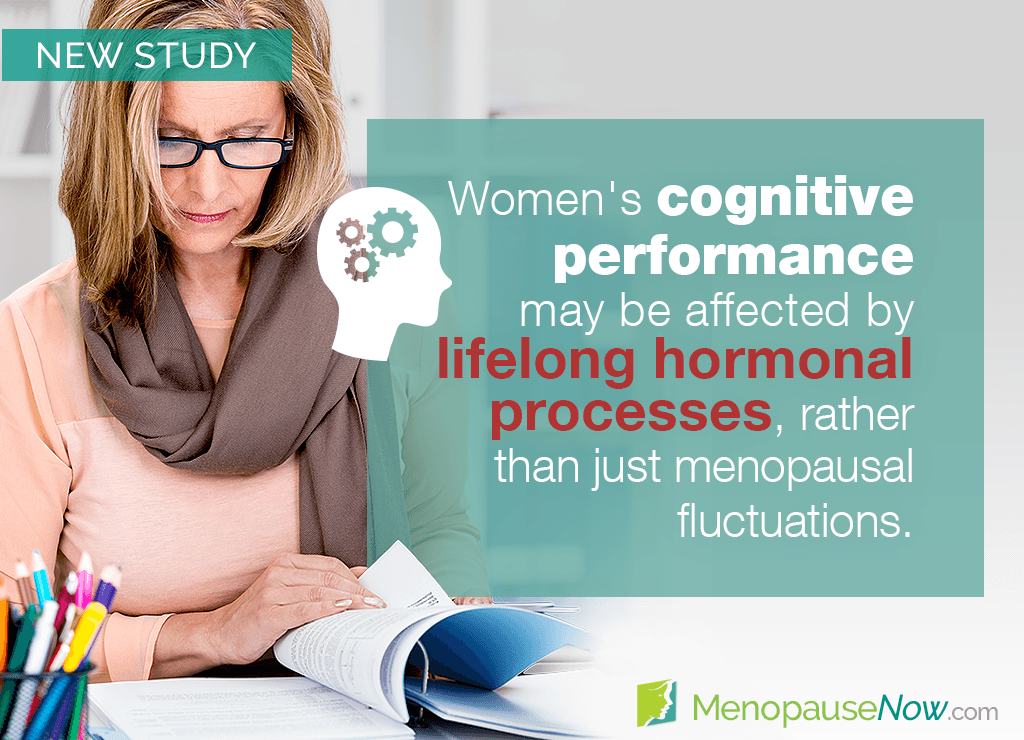Cognitive symptoms, such as memory lapses and difficulty concentrating, can make passing through the menopausal transition particularly challenging. This British study investigated the factors that may influence cognitive performance in middle-aged women, such as menopause age, childhood cognitive ability, and others.
Study Design
Researchers from the University College London analyzed data pertaining to 1,315 postmenopausal women who took part in the Medical Research Council National Survey of Health and Development. They shared their findings in the renowned Neurology journal of the American Academy of Neurology.
Participants were between the ages of 43 and 69. Collected data included their age at menopause onset, type of menopause (that is, natural vs. surgical), use of hormone replacement therapy (HRT), body mass index, and more.
Women have also undergone four assessments of verbal memory (e.g., word-learning task) and processing speed (e.g., letter-cancellation task) throughout the study period.
Study Findings
The average age of menopause in studied women was 49. The majority of the participants (72%) reached menopause naturally, while the remaining 28% had surgical menopause.
Researchers found a strong association between increased verbal memory and later age at natural menopause.
Other factors that were significantly associated with verbal memory included childhood cognitive ability, educational attainment, and occupational class.
For women who have had surgical menopause, HRT use was linked to a lower verbal memory score.
What Does It Mean?
The results of this study suggest that menopause age is associated with cognition. It was shown that reaching natural menopause at a later age is beneficial to verbal memory.
Authors of this study also concluded that the relationship between women's cognitive performance and menopause timing is affected by lifelong hormonal processes, not just short-term fluctuations during the transition.
The most probable underlying mechanism of this association is lifelong estrogen exposure, which has been shown in other studies as well.1,2 Further research is needed to evaluate whether modifying certain factors to extend women's reproductive years and promote cognitive development could benefit women after menopause.
Sources
- Neurology. (2018). Age at menopause and lifetime cognition. Retrieved March 24, 2021 from https://n.neurology.org/content/90/19/e1673.abstract
Footnotes:
- Hormones and Behavior. (2015). Trajectories and phenotypes with estrogen exposures across the lifespan: What does Goldilocks have to do with it? Retrieved March 24, 2021 from https://www.ncbi.nlm.nih.gov/pmc/articles/PMC4829405/
- Physiological Review. (2015). Estrogen Effects on Cognitive and Synaptic Health Over the Lifecourse. Retrieved March 24, 2021 from https://pubmed.ncbi.nlm.nih.gov/26109339/

